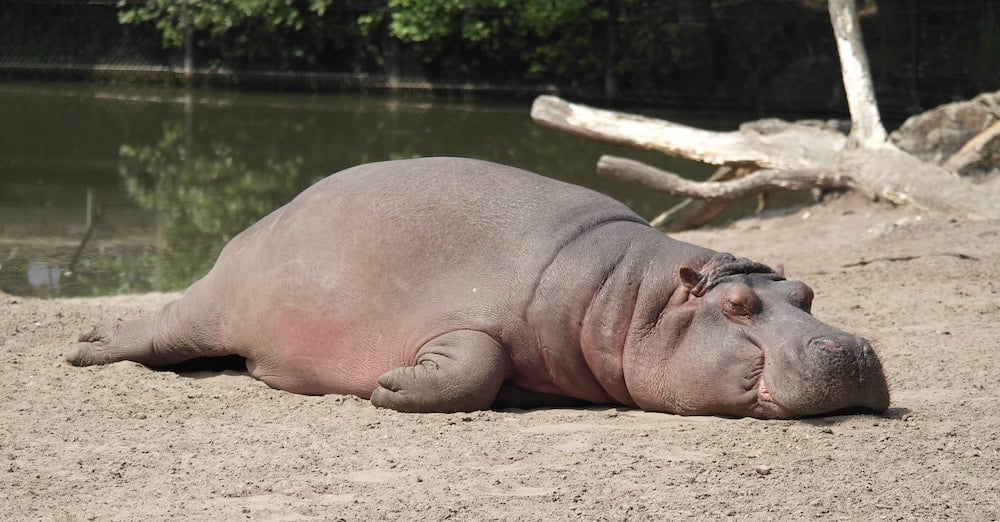Funding a Career Test Doesn’t Mean You're doing Careers Education
Why and how tests should be used with caution, and in context. This article by Liv Pennie was first published in Education Today and has been...

How deeply are students asking why they are interested in certain occupations?
At BECOME, we believe that asking why is absolutely vital.
‘Why’ is the question that drives curiosity, understanding and meaning.
In career exploration, ‘Why?’ is the question that drives students to be proactive, to explore broadly and think deeply about their future. 'Why' can move students out of the passive lane to be proactive about their future – taking agency over their ideas and actions.
 Students use the BECOME.me web app to explore the wide world of work. They are prompted to respond to the question, ‘Is this career interesting to me right now?’ ... and then they are then asked why.
Students use the BECOME.me web app to explore the wide world of work. They are prompted to respond to the question, ‘Is this career interesting to me right now?’ ... and then they are then asked why.
Why do we do this in the BECOME program? For every student, the ‘why?’ question helps them to explore and enhance their self-awareness. It helps them to go beneath the surface. 'Why does being a computer programmer sound interesting to me right now?' 'Why do I think working in a museum would be good?'
The aim is always to feed curiosity and promote discovery (about oneself as well as about a career idea). We don't want students to just move on and think ‘yeah, that sounds good’, but to genuinely explore why a career does or doesn’t interest them right now, so that they can go deeper, change their ideas, explore further.
Imagine your classroom. Your 20-25 students are busy using the BECOME.me student web app. There’s good quiet chatter as students explore what’s out there amongst the 60,000+ occupations in the app. And you, the teacher, are doing what teachers do – moving around the classroom and checking in with students about their progress.
Here’s your opportunity to focus on those ‘whys’.
What are you learning about your students as you chat? Are there students who need support in articulating their ‘whys’? Some students may be resistant to digging deeper, and this is a chance to work with them individually and to have career conversations to help them understand how this process can help them to identify their likes, dislikes, aptitudes, and preferences as they try to figure out who they are and what’s important to them and learn about what’s possible.
The same applies to those students who struggle to find the language they’re looking for to describe an idea or aspiration. But for teachers, these interactions provide a wonderful opportunity to get to know your students a little bit more; to find out what’s going on in their minds about how they see their future.
The OECD identifies key factors that are important for students’ career development.
Career conversations, especially with teachers, are one of these key factors, defined by the OECD as ‘my teacher knows my ideas for my future’ or ‘my teacher is interested in what I think and how I feel about my future’.
When students see their teachers showing interest in their ideas and feelings about their future, regardless of how unformed these ideas are, this enhances teacher-student relationships. That sense of feeling known is a factor in wellbeing -- plus, better teacher-student relationships can support students on so many fronts at school.
In the BECOME.me app, students' personal Log of career ideas becomes a running hypothesis for their future as they continue to research and refine their ideas through lessons and challenges.
Having an evolving vision for a possible future (or multiple possible futures) is central to their sense of hope and aspiration for their future.
 ‘Why’ helps to illuminate purpose, and purpose is an important part of career exploration.
‘Why’ helps to illuminate purpose, and purpose is an important part of career exploration.
It's ‘Who do I want to BE in the world?’ not 'What job do I want to do?' (Notice how different those two questions are?)
Simon Sinek says that asking why helps to tap into the part of the brain that influences behaviour, which is what we want in career exploration and development. ‘Why’ encourages critical thinking because it prompts reflection and challenges assumptions students may have about the world of work, such as who does what types of jobs and what success looks like.
Complementing student exploration in the BECOME.me web app, the teacher-led lessons are designed to develop curiosity and agency.
Research tells us that in Australia, 55% of young people are making career decisions to please other people - they're committing to ideas for the future that are not their own and in which they haven't invested personal interest. That's an issue.
Schools urgently need to reconsider how they give students the space and time to explore the ‘why’, rather than rushing to a decision that keeps adults happy.
The 'why' leads to so much more and schools need to think critically about how they ask students to uncover and articulate reasons behind career aspirations. In other words, to deliberately teach students the skills to make sure it’s their own why that’s driving their next steps.
A whole-school approach to careers education builds on the strength of teachers and students working together to explore and uncover purpose relating to the future. This boosts motivation for learning at school today.
 Heart of the Future: The power of all teachers in student aspirations
Heart of the Future: The power of all teachers in student aspirationsThis dynamic microcredential course exists to provide a concise overview of how and when teachers support student aspirations for the future.
If you are a careers leader, your colleagues may benefit from seeing just how much this approach boosts student engagement, lifting confidence and optimism for wellbeing. If you are a teacher whose students need a boost to think and act for themselves, to know that they are the driver of their learning and future, and that these two are intrinsically linked, this course is for you.

Why and how tests should be used with caution, and in context. This article by Liv Pennie was first published in Education Today and has been...

Prompted by a recent article in The Guardian, BECOME Education Consultant Grace Kinch, has been thinking about some of the surprises students may...

You could hear a pin drop. It's a Wednesday afternoon and we're in a Professional Learning session with a dedicated group of high school teachers...